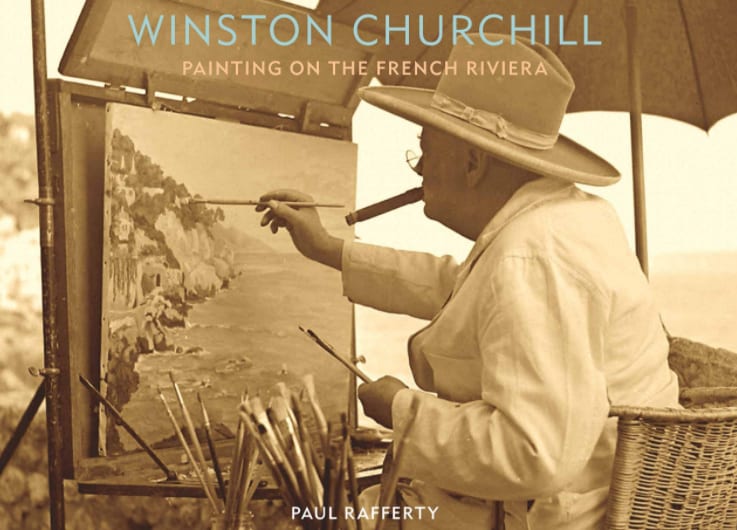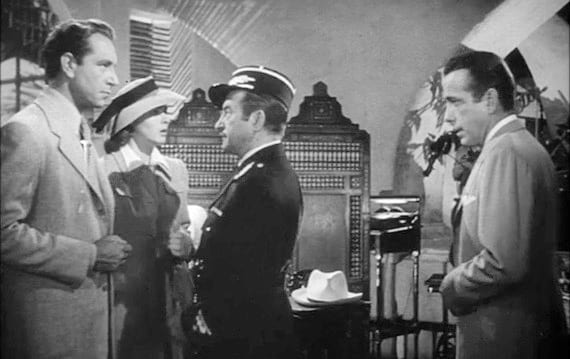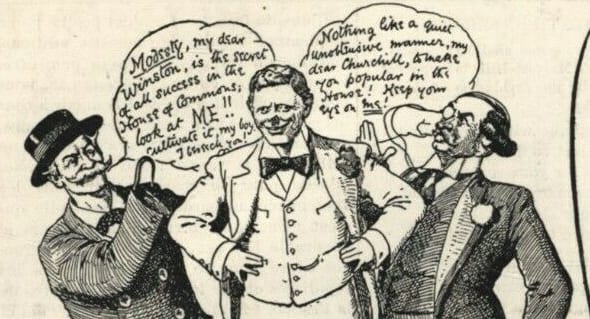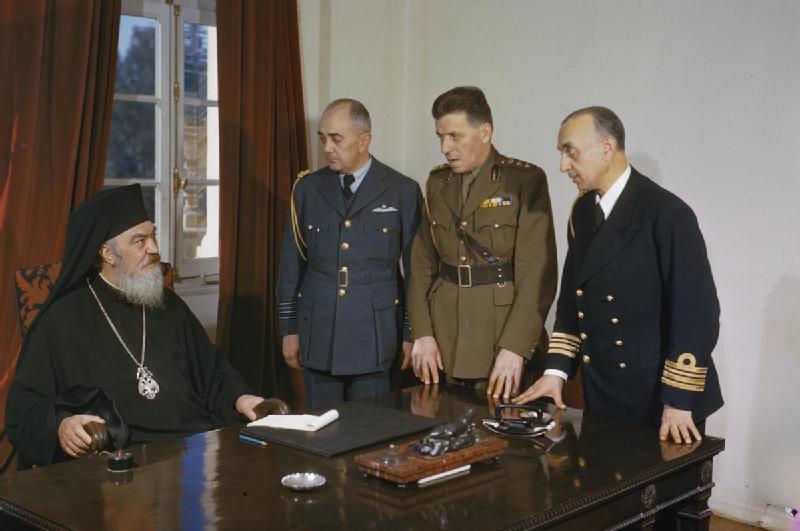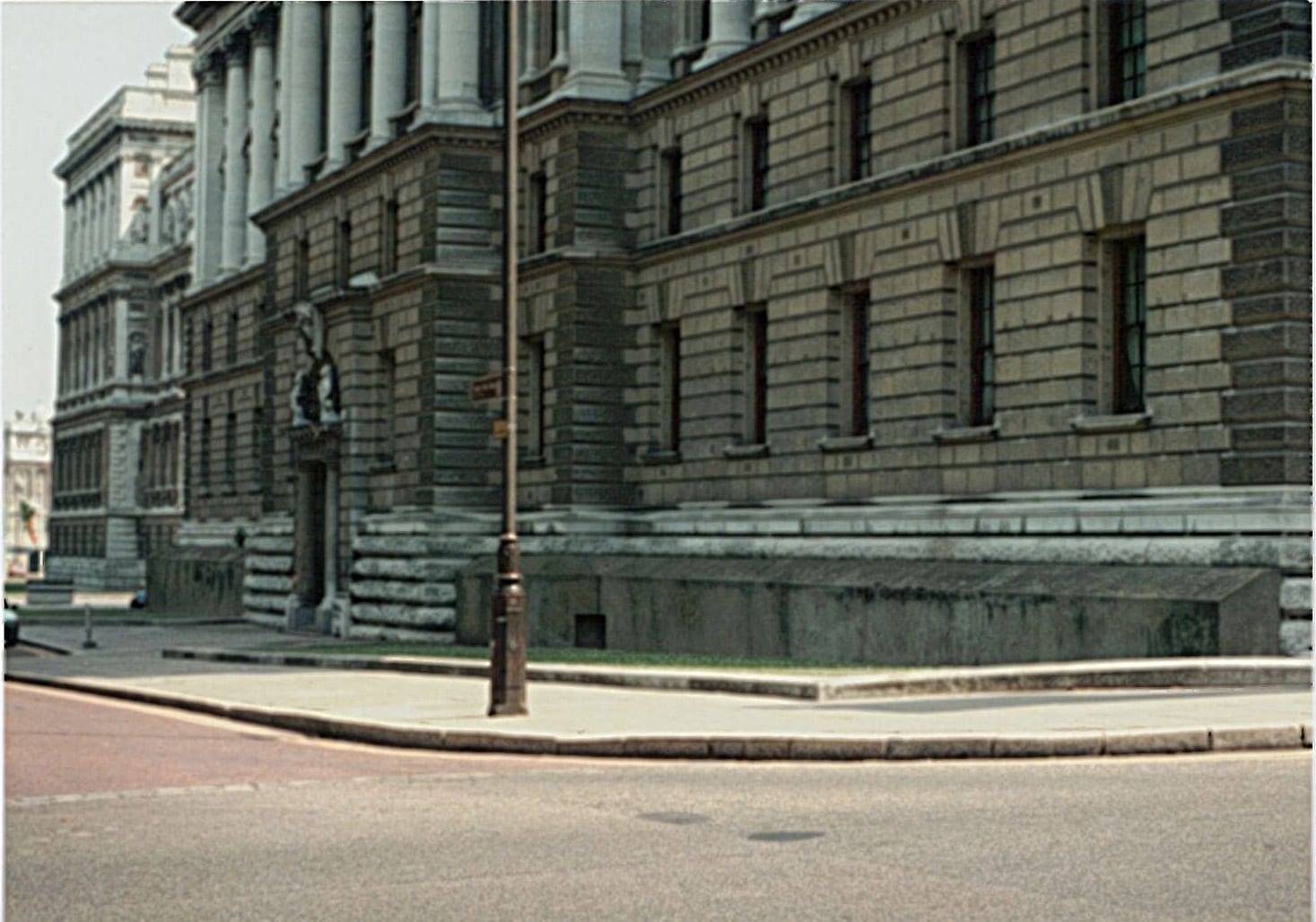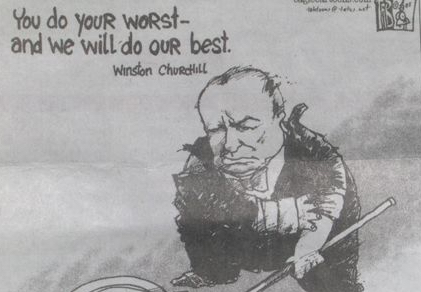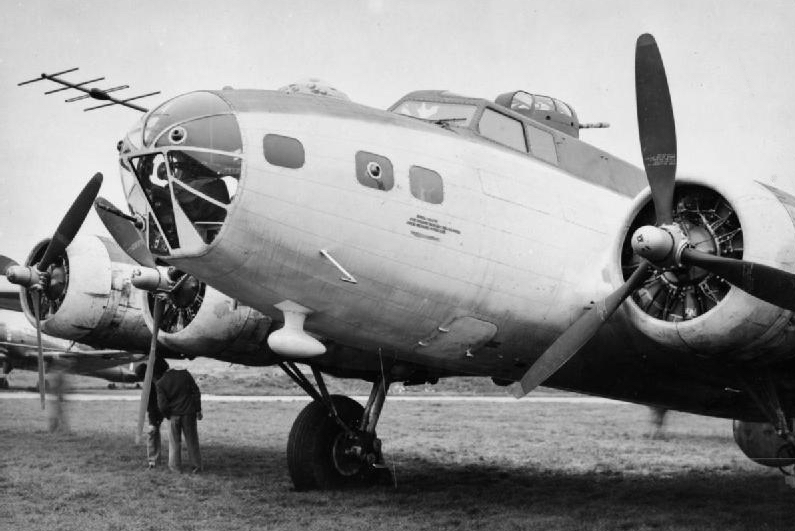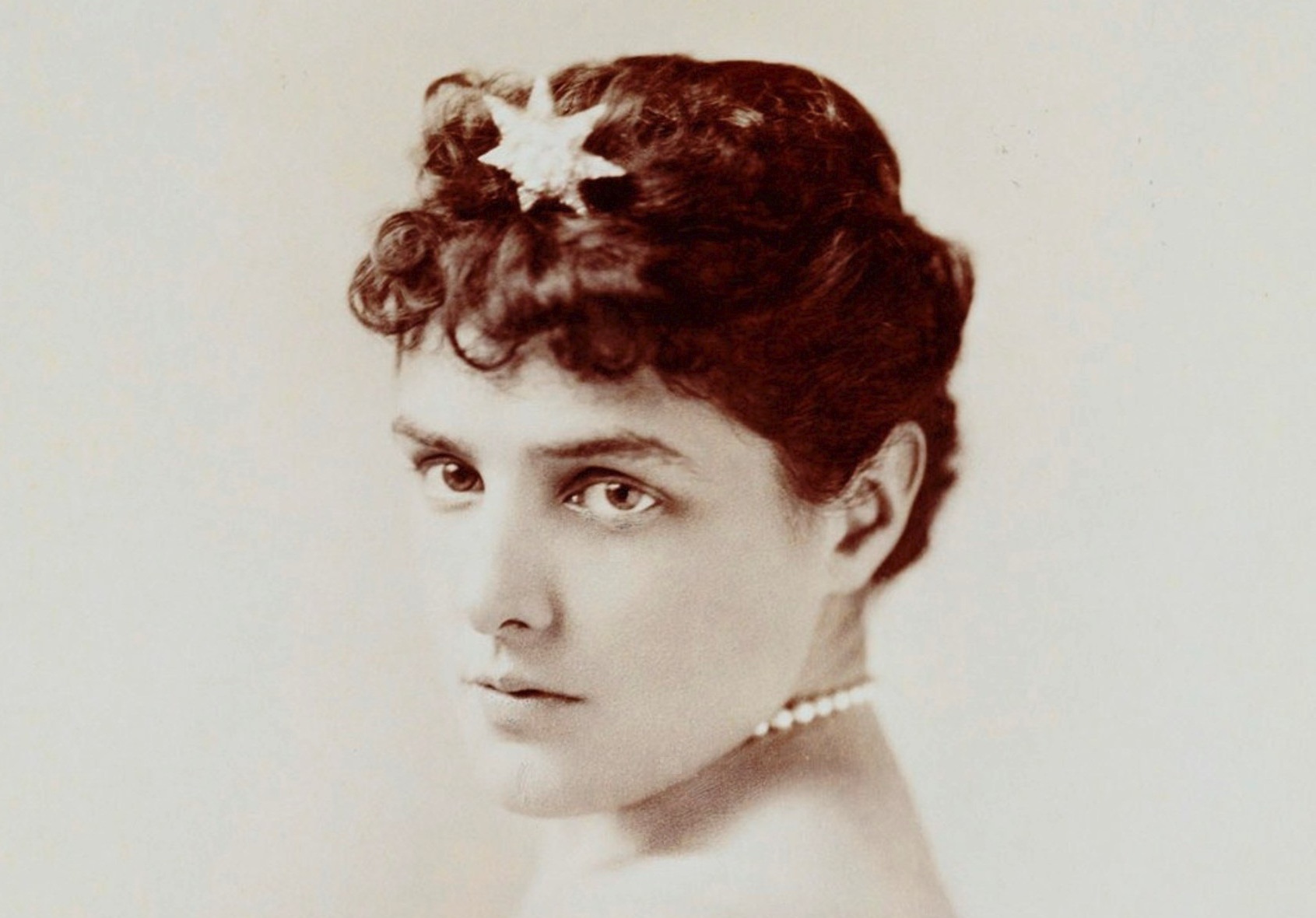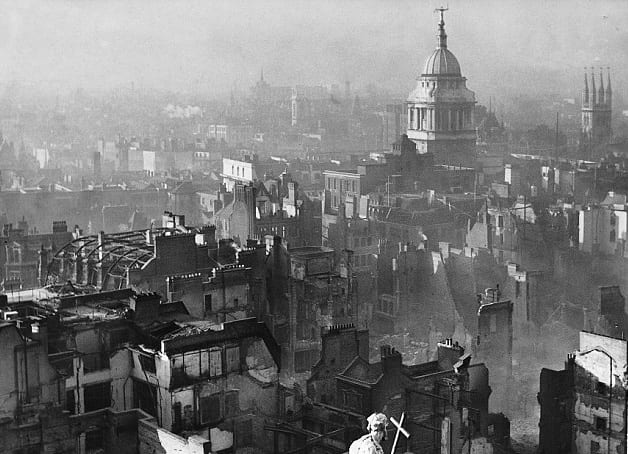
Grand Alliance: A Way Out of the Second World War?
“Professor John Charmley says in a podcast that Neville Chamberlain believed a prewar grand alliance against Hitler was not feasible. He was referring to alliance between the UK and France and the United States and USSR. Do you agree?”
Answer:As Mona Lisa Vito (Marisa Tomei) tells the District Attorney (Lane Smith) in “My Cousin Vinny” (1992), “that’s a B.S. question.”
(To voir dire Miss Vito on “general automotive knowledge” the D.A. had demanded the ignition timing of “a 1955 Chevrolet 327 V-8.” (Readers less mechanically inclined than Miss Vito may enjoy her devastating two-minute rebuttal to this “trick question.”)…
